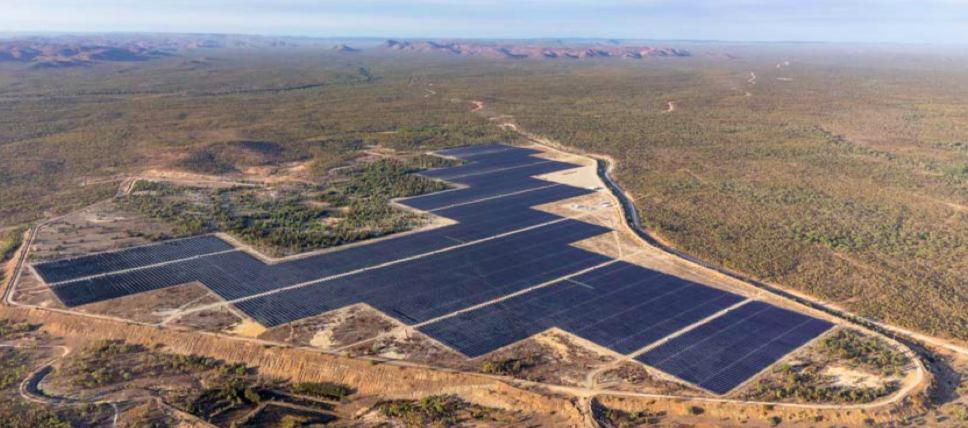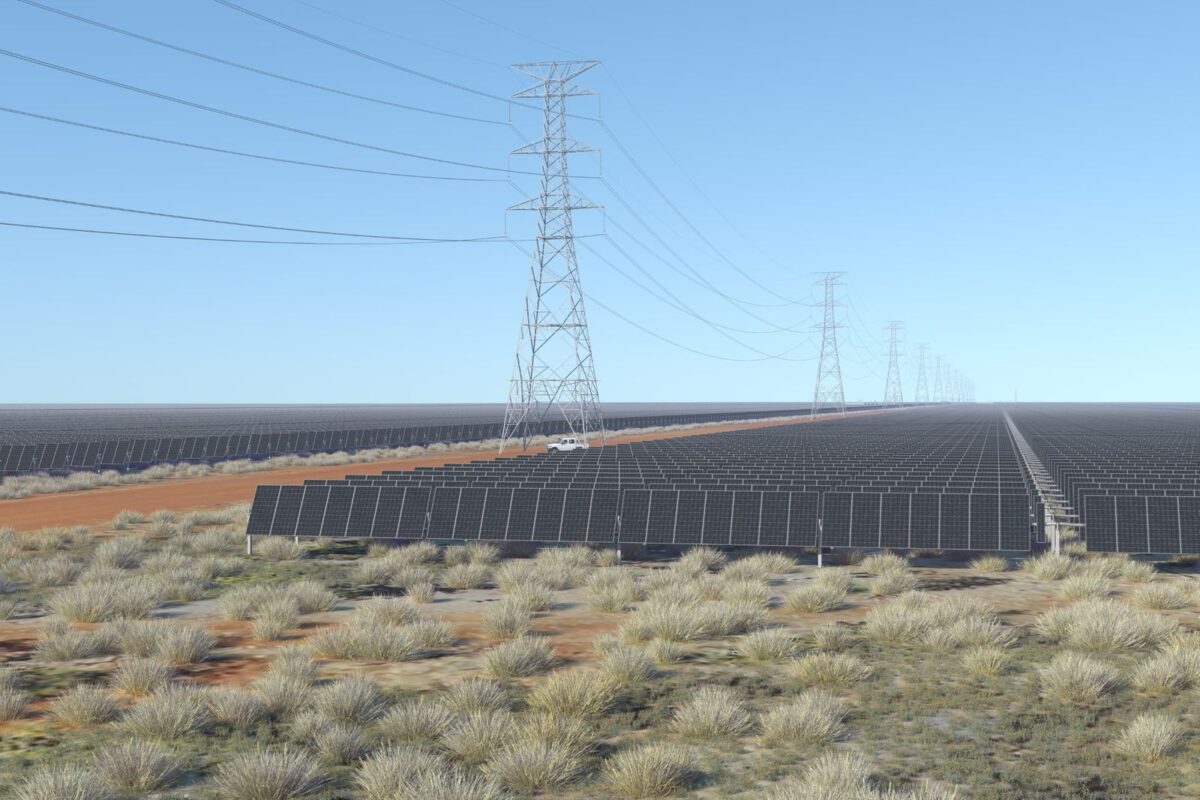Delays to projects being accepted by the Australian Energy Market Operator (AEMO) and feeding their full generation capacity into the grid are hampering large scale solar developers and EPCs. The woes of RCR Tomlinson are now accepted as being, at least in part, due to long delays in project’s achieving final AEMO acceptance – or Practical Completion.
In a demonstration of the extent of potential delays, IPP Genex Power Limited announced on Monday that it took close to a year to achieve Practical Completion of its 50 MW Kidston Solar Project in Queensland.
“This marks the completion of the project construction and commissioning phase, and is the culmination of a successful cooperation between Genex, UGL, Ergon Energy and the Australian Energy Market Operator,” said Genex CEO James Harding in a statement. Harding praised UGL for its efforts reaching final completion of the project.
Genex noted that Kidston had undergone “detailed commissioning processes that have allowed for the gradual ramp-up to full capacity.”
The 50 MW project, on a former gold mine site, is slated be the first of two PV power plants to be developed by Genex in far-north Queensland – the second a vast array, with a capacity up to 270 MW. The plan is for both to be coupled with 250 MW of pumped hydro storage capacity that utilises the former mine structures. Once complete, the Kidston projects will for the Kidston Renewable Energy Hub.
Reports of project delays have grown in number throughout 2018, as AEMO applies more stringent rules to EPCs before granting project acceptance to ensure grid stability. AEMO maintains that it “has no intention of holding anyone up from connecting to the power system,” it is cold comfort to developers and EPCs.
The scale of the challenge facing AEMO is evident in the sheer volume of projects. AEMO reports that in 2016 it connected around 700 MW of large scale solar, increasing to 1.2 GW in 2017. By contrast, in 2018 it is “seeing/managing connection requests and enquiries in the order of 19.5 GW,” according to a statement provided to pv magazine Australia.
This content is protected by copyright and may not be reused. If you want to cooperate with us and would like to reuse some of our content, please contact: editors@pv-magazine.com.









By submitting this form you agree to pv magazine using your data for the purposes of publishing your comment.
Your personal data will only be disclosed or otherwise transmitted to third parties for the purposes of spam filtering or if this is necessary for technical maintenance of the website. Any other transfer to third parties will not take place unless this is justified on the basis of applicable data protection regulations or if pv magazine is legally obliged to do so.
You may revoke this consent at any time with effect for the future, in which case your personal data will be deleted immediately. Otherwise, your data will be deleted if pv magazine has processed your request or the purpose of data storage is fulfilled.
Further information on data privacy can be found in our Data Protection Policy.